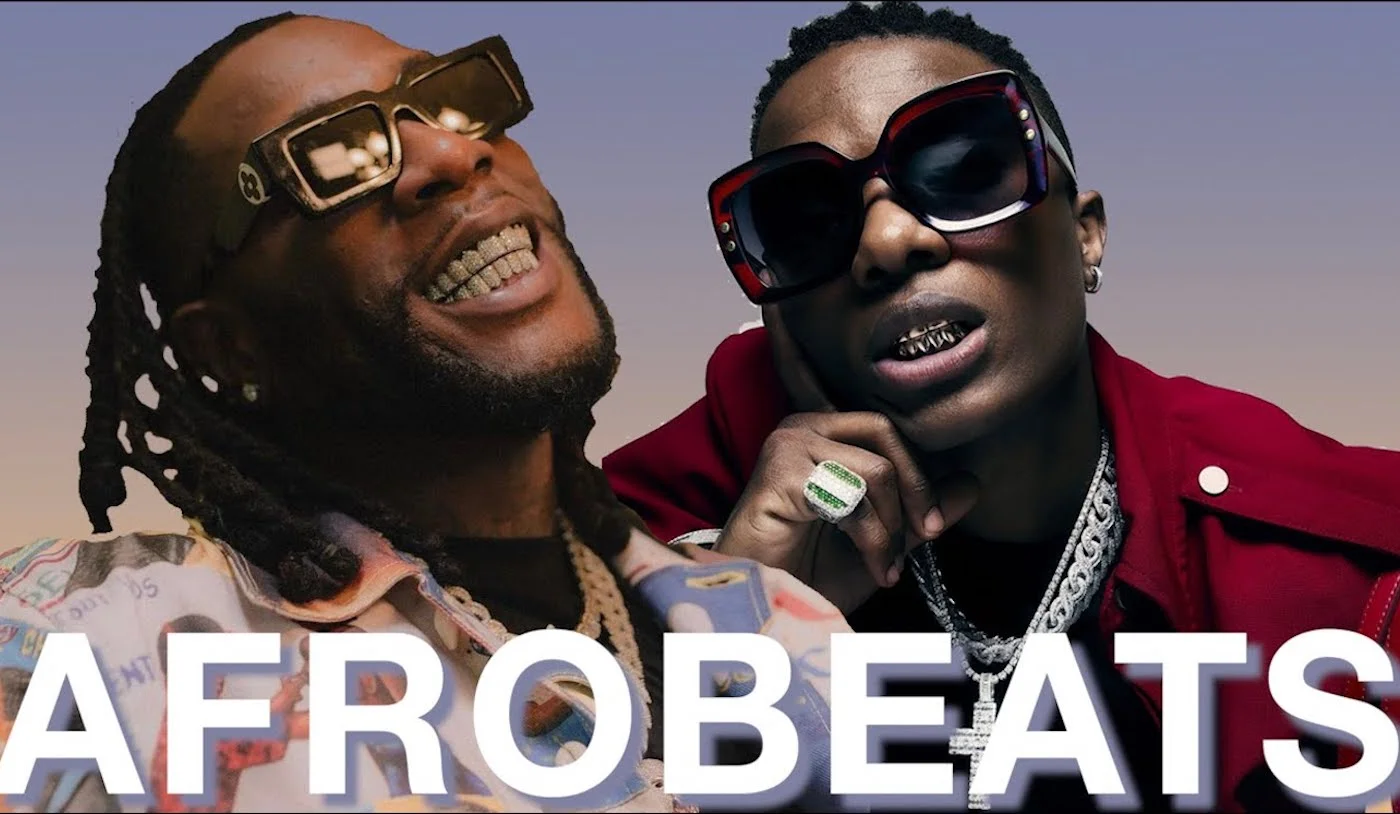Afrobeats has gotten immensely popular over the last five years, and it is evident in the streaming numbers.
According to Spotify, Afrobeat streams have grown 550% since 2017. In a graphical post shared online, the streaming service revealed that back in 2017, total streams for the genre amounted to 2 billion. Half a decade later, that number almost septupled with over 13.5 billion streams in 2022.
The chart also shows the steady increase in streaming numbers over the years, with Afrobeat streams in 2018 totaling over 2.9 billion, surpassing 4.2 billion in 2019, 5.9 billion in 2020, and reaching new heights in 2021 with 8.4 billion streams. Popular music commentator DJ Akademiks shared the post on Instagram with the caption, “Afrobeats streams have increased 550% on Spotify since 2017.”
The post sparked an intriguing conversation in the comment section that juxtaposes Afrobeats’ popularity with that of hip-hop and more. It also highlights the genre’s longevity and questions which artists were responsible for getting it this far. Granted, Spotify numbers alone are only one indication of its growth, as some argued that Afrobeat has long been popular, whether or not the fact is only now being validated by big streaming platforms such as this one.
The billions of streams that Afrobeats get every year translate to personal milestones for each contributor of the genre. Nigerian artist Rema has now exceeded 2 billion career streams as lead artist on Spotify. This milestone comes less than a year after the Afrobeat singer surpassed 1 billion streams on the platform. His internationally acclaimed Billboard hit “Calm Down” is the most streamed Afrobeat song on the platform, while its music video is the most viewed in the category on YouTube.
Over in the UK, Tiwa Savage is set to headline Wembley Arena this year as the first-ever female Afrobeat singer to do so. She recently made history when she performed at King Charles III’s coronation ceremony as she became the first Nigerian artist to ever grace the stage at the royal event. In an interview with Good Morning Britain this week, Tiwa said Afrobeat was the beginning of popular black music, and that hip-hop, R&B, and Soul music all stem from Africa. This she says makes the popularity of the genre now a full circle moment.
Afrobeat has been getting nods from hip-hop giants for years now, including one popular advocate Drake who has collaborated with WizKid on their global hits “Come Closer” and “One Dance,” to name a few. Diddy also executive produced Burna Boy’s internationally acclaimed album Twice as Tall, which is well-decorated and has knocked down a myriad of accolades, including its Grammy for Best Global Music Album.
Other hip-hop veterans have also opted to delve into the motherland music as it continues to surge, with Baton Rouge rapper Boosie Badazz recently signing two Afrobeats artists and taking to Twitter to summon Davido’s support. Boosie believes that “Afrobeats is going to take over the world soon,” so it is only right that he is ahead of the curve.
Over in dancehall music, we have seen where newly minted artists like Byron Messia have used Afrobeat instrumentals to make quite the killing. Specifically with his monster hit “Talibans,” which has emerged on Billboard charts and garnered mainstream attention. Other dancehall artists like Popcaan have also highlighted the genre through collaborative efforts with artists like Davido and Burna Boy.
A recent article published by The Grio says, “Afrobeats has become a cultural phenomenon, transcending borders, erasing boundaries, and weaving together the diverse tapestry of the Black diaspora.” On the mainstream emergence of the genre, it also posits that “the modern iteration of the genre draws influences from traditional West African sounds while weaving in inspiration from hip-hop, dancehall, and contemporary R&B.”
The continent of Africa certainly has the numbers that would support the projection that Afrobeats will surpass other popular genres. Its meteoric rise over the last half-decade and fast-rising streaming numbers prove that it can compete in the mainstream market and shows that it has global support. It is on track to rule among the faction of the world’s most celebrated black music, a place it not only deserves but has earned through decades of toil and brilliant productions. As Afrobeat continues to permeate black cultures outside of Africa, its astronomical growth will likely know no bounds.
